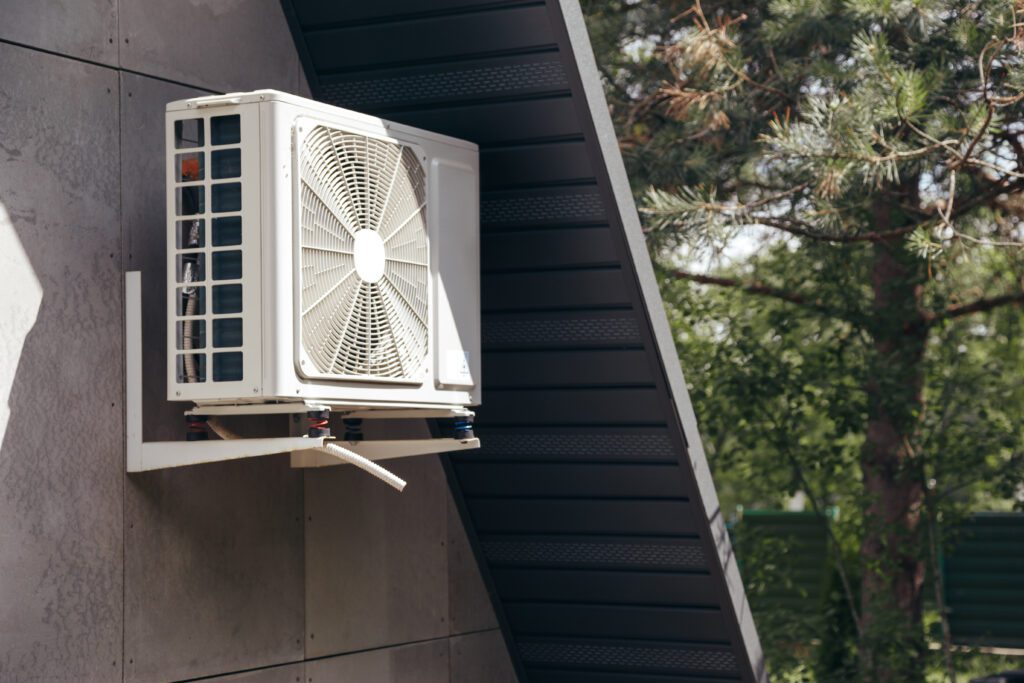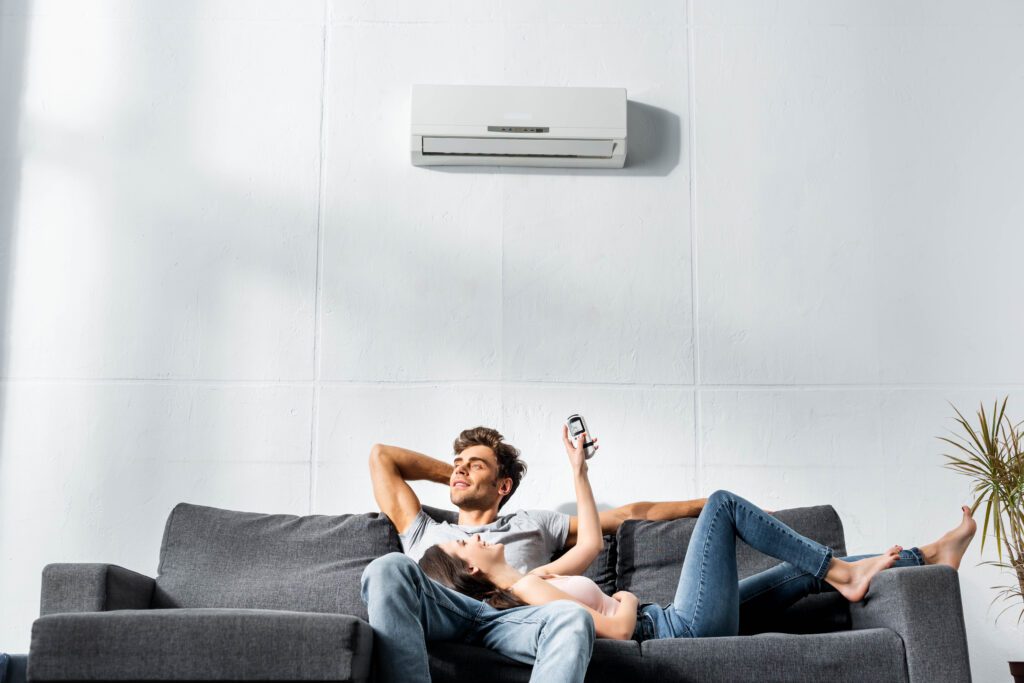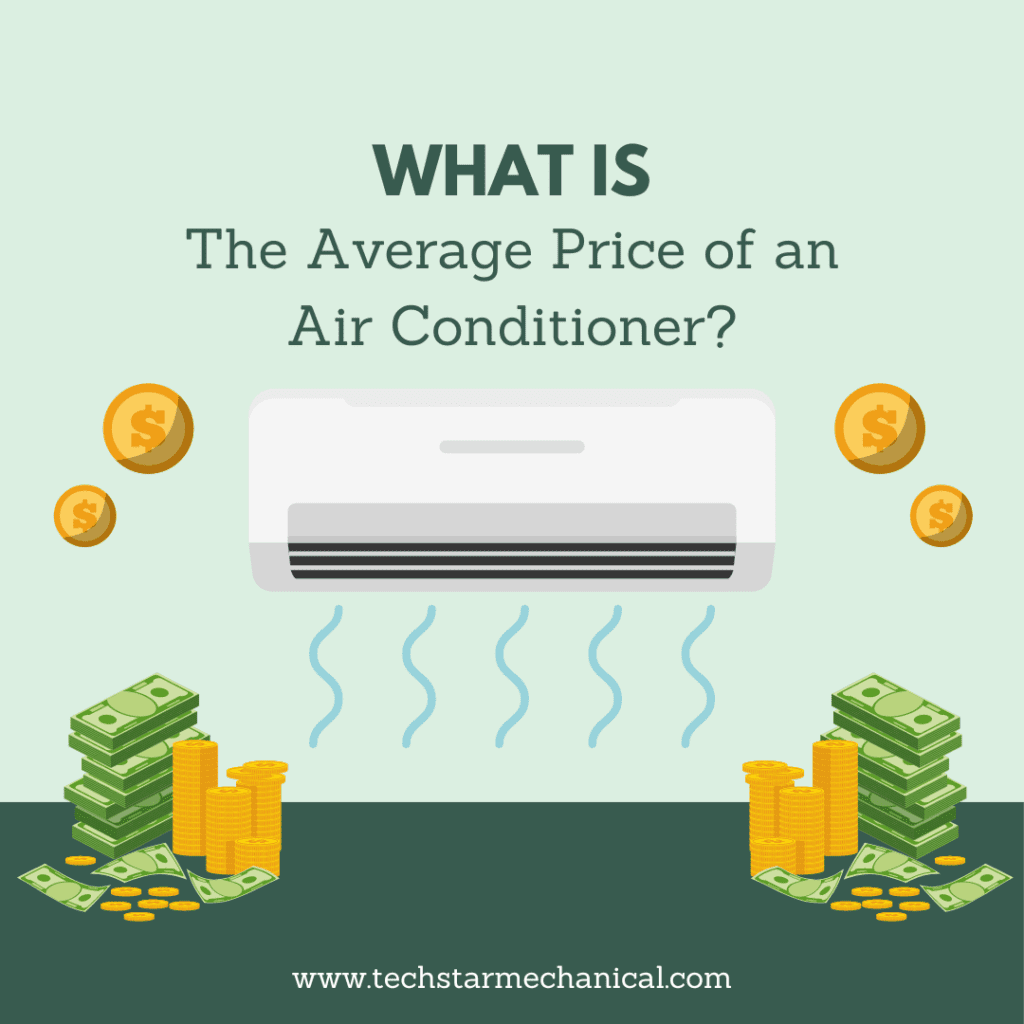Air conditioners have become a necessity in many households, especially during the hot summer months. However, purchasing an air conditioner involves more than just choosing the right model or brand. Understanding the average cost of an air conditioner is essential for budgeting and making an informed decision. In this article, we will explore the factors that influence air conditioner costs, breakdown the prices of different types of air conditioners, discuss additional costs to consider, and provide tips on how to save money on air conditioning.
Understanding Air Conditioner Costs
When it comes to air conditioner costs, several factors come into play. These factors influence the overall price and affect the buyer’s decision-making process. By understanding these factors, potential buyers can make better-informed choices.
Factors Influencing the Price of an Air Conditioner
The price of an air conditioner is influenced by several factors, including:
- Size and cooling capacity
- Energy efficiency rating
- Brand reputation and quality
- Additional features and technologies
- Installation requirements
Each of these factors contributes to the final price, and it’s essential to consider them when assessing your budget and requirements.
Breakdown of Air Conditioner Prices
The average cost of an air conditioner depends on its type and cooling capacity. Let’s explore the prices of different types of air conditioners:
Central Air Conditioners
Central air conditioners are a popular choice for cooling large spaces or entire homes. The cost of a central air conditioning system can range from $2,500 to $7,500 or more, depending on factors like size, energy efficiency, and installation requirements.
For example, if you have a larger home with multiple floors and a higher cooling demand, you may need a larger central air conditioner with a higher cooling capacity. This would likely increase the overall cost of the system. On the other hand, if you have a smaller home or live in a milder climate, you may be able to opt for a smaller and more affordable central air conditioner.
Ductless Mini-Split Air Conditioners
Ductless mini-split air conditioners are an excellent option for cooling specific rooms or areas. Prices for ductless mini-split systems typically range from $1,500 to $4,000 or more, depending on the number of indoor units and installation requirements.
For instance, if you want to cool multiple rooms in your home but don’t have existing ductwork, ductless mini-split systems offer a convenient solution. The cost may vary depending on the number of indoor units you need and the complexity of the installation process. Additionally, some ductless mini-split systems come with advanced features like Wi-Fi connectivity and smart controls, which can affect the overall price.
Window Air Conditioners
Window air conditioners are a cost-effective solution for cooling individual rooms. Prices for window air conditioners can range from $100 to $1,000, depending on the cooling capacity and additional features.
When considering a window air conditioner, factors such as the size of the room and the desired cooling capacity play a significant role in determining the price. Additionally, some window air conditioners come with features like remote controls, programmable timers, and energy-saving modes, which can add to the overall cost.
Portable Air Conditioners
Portable air conditioners offer flexibility and mobility. The cost of portable air conditioners usually ranges from $300 to $800, depending on the cooling capacity and features.
For those who value portability and the ability to move the air conditioner from room to room, portable units are an ideal choice. The price may vary based on factors such as the cooling capacity needed, the presence of additional features like dehumidifiers or air purifiers, and the overall build quality of the unit.
By understanding the different types of air conditioners and their associated costs, potential buyers can make informed decisions that align with their cooling needs and budget. Remember to consider factors such as size, energy efficiency, brand reputation, and installation requirements to ensure you choose the right air conditioner for your specific situation.
Additional Costs to Consider

While the upfront cost of an air conditioner is a significant factor to consider, it’s essential to account for additional costs that come with owning and maintaining it.
Installation Costs
The installation of an air conditioner requires professional expertise, and their services come at a cost. On average, installation costs can range from $500 to $2,500, depending on the complexity of the installation and any additional requirements.
When it comes to installation, it’s not just about the labor involved. There are other factors to consider as well. For example, if your home doesn’t already have the necessary electrical wiring or ductwork, you may need to hire additional contractors to handle these aspects. This can add to the overall installation costs.
Maintenance and Repair Costs
Maintaining and repairing an air conditioner is crucial for its optimal performance and longevity. Routine maintenance and occasional repairs can cost around $100 to $500 per year, depending on the type and condition of the system.
It’s important to note that neglecting regular maintenance can lead to more significant issues down the line. For instance, a dirty air filter can reduce the efficiency of your air conditioner, causing it to work harder and consume more energy. This not only increases your operating costs but also puts unnecessary strain on the system, potentially leading to more expensive repairs.
Energy Efficiency and Operating Costs
The energy efficiency of an air conditioner affects both the environment and your utility bills. Energy-efficient models may have a higher upfront cost but can save you money in the long run. Additionally, the operating costs of an air conditioner will vary depending on factors such as energy rates and usage.
When considering energy efficiency, it’s worth noting that newer models often come with advanced features that can further enhance their efficiency. For example, some air conditioners have programmable thermostats that allow you to set specific temperature schedules, ensuring that the system only operates when needed. This level of control can help reduce energy wastage and lower your overall operating costs.
Furthermore, it’s important to consider the environmental impact of your air conditioner’s energy consumption. By choosing an energy-efficient model, you can reduce your carbon footprint and contribute to a more sustainable future.
How to Save Money on Air Conditioning


While air conditioning is essential for comfort, there are ways to save money on the overall costs involved.
One important factor to consider when looking to save money on air conditioning is choosing the right size of air conditioner for your space. It’s not just about getting the biggest unit available; in fact, that can lead to excessive energy consumption. Instead, consulting with an HVAC professional can help you determine the appropriate cooling capacity for your specific needs. By selecting the right size, you can ensure optimal efficiency and cost-effectiveness, as your air conditioner will be able to cool your space efficiently without wasting energy.
Choosing the Right Size of Air Conditioner
Choosing an air conditioner with the right cooling capacity for your space can prevent excessive energy consumption. An HVAC professional can assess your needs and recommend the appropriate size, ensuring optimal efficiency and cost-effectiveness.
Another way to save money on air conditioning is by investing in an energy-efficient model. While these units may have a higher upfront cost, they can result in long-term savings on your energy bills. Look for air conditioners with the ENERGY STAR® label, as they meet strict energy efficiency guidelines. These units are designed to use less energy while still providing effective cooling, helping you keep your home comfortable without breaking the bank.
Energy-Efficient Models
Investing in an energy-efficient air conditioner may have a higher upfront cost but can result in long-term savings on your energy bills. Look for units with the ENERGY STAR® label, as they meet strict energy efficiency guidelines.
In addition to choosing the right size and an energy-efficient model, regular maintenance and cleaning of your air conditioner are crucial for saving money. By keeping your unit well-maintained and clean, you can improve its efficiency and prevent costly repairs. Simple tasks like cleaning or replacing air filters and clearing debris around the unit contribute to its optimal performance and longevity. Regular maintenance not only helps your air conditioner run smoothly but also ensures that it operates at its highest efficiency, reducing energy consumption and saving you money in the long run.
Regular Maintenance and Cleaning
Maintaining your air conditioner regularly and keeping it clean can improve its efficiency and prevent costly repairs. Simple tasks like cleaning or replacing air filters and clearing debris around the unit contribute to its optimal performance and longevity.
By understanding the average cost of an air conditioner and considering the factors that influence these costs, you can make a well-informed decision that suits both your budget and cooling needs. Whether you choose a central air conditioner, ductless mini-split, window unit, or portable air conditioner, it’s important to factor in installation, maintenance, and operating costs to ensure a comfortable and cost-effective cooling solution.
Remember, saving money on air conditioning doesn’t mean sacrificing comfort. With the right size, an energy-efficient model, and regular maintenance, you can enjoy a cool and comfortable home while keeping your energy bills in check.



